Past Events
2026

The Shtetl: Myth and Reality
Samuel Kassow provides an overview of the shtetl by presenting the realities of shtetl life and challenging preexisting and romanticized stereotypes of Jewish life in Eastern Europe.

Pathways: Seven Short Stories by I. L. Peretz
Join YIVO and League for Yiddish for a celebration of this new publication by Moishele Alfonso, Afn veg: Zibn dertseylungen fun Y.-L. Perets (Pathways: Seven Short Stories by I. L. Peretz).

Confronting Representations of Black People in Yiddish Culture
Gil Ribak provides a critical revision of the accepted narrative among scholars that the Yiddish press condemned discrimination and prejudice against African Americans, in a discussion led by Devin Randolph.

Sounds of Survival: Polish Music and the Holocaust
Mackenzie Pierce reveals that the Holocaust was a central event within musical culture in Poland and shows why its musical aftermath has been difficult to hear.
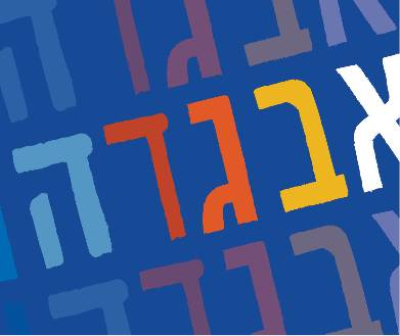
2026 Summer Program Information Session - Advanced Levels
Are you thinking of returning to the Summer Program to continue your advanced studies? Join Summer Program faculty and staff for a brief information session about YIVO’s advanced levels.
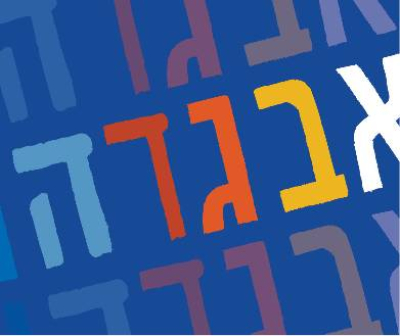
2026 Summer Program Information Session
Have you always wanted to study Yiddish at the YIVO-Bard Summer Program? Are you wondering what it would be like to spend six weeks studying at YIVO in New York City? Join faculty and staff of the Summer Program for a brief information session.
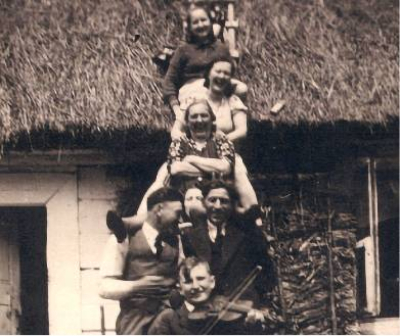
Holocaust Remembrance Today - A Living Responsibility: A Panel Discussion in Conjunction with the Exhibition "Between Life and Death: Stories of Rescue During the Holocaust" at the United Nations
Moderated by Tracey Petersen, a panel comprising Elżbieta Ficowska, Mordecai Paldiel, Jay Winter, and Daniel Blatman will discuss how remembrance has evolved over the decades, how stories of rescuers and survivors can be communicated to younger generations, and how to respond to new challenges in Holocaust remembrance.
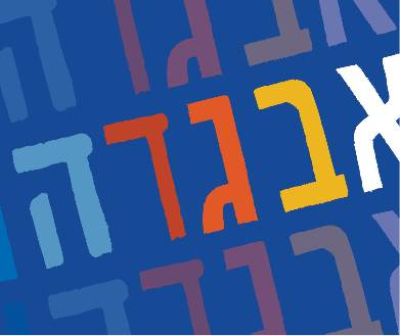
2026 Summer Program Information Session
Have you always wanted to study Yiddish at the YIVO-Bard Summer Program? Are you wondering what it would be like to spend six weeks studying at YIVO in New York City? Join faculty and staff of the Summer Program for a brief information session.
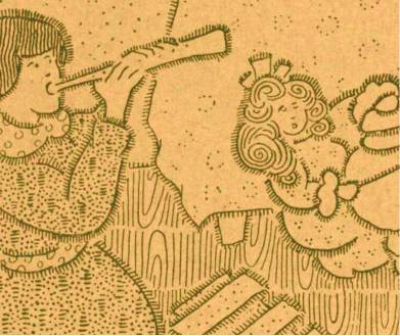
[WY2026] Yiddish Songs and Chants for Children
Conducted in English, Perl Teitelbaum teaches Yiddish songs and chants to adults. Parents, grandparents, relatives, friends, and educators who want to bring Yiddish into the world of young children (or to enrich their own inner child!) are encouraged to register.
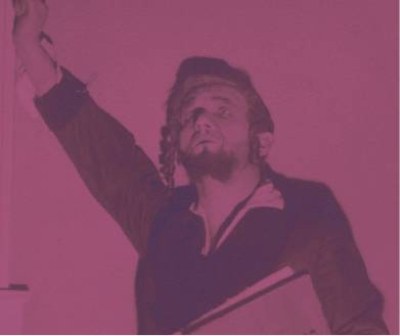
[WY2026] The Art of the Yiddish Monologue
Shane Baker explores the nature of the monologue in Yiddish literature and performance and delves into the history of the monologue and of the solo performer in Yiddish theater.
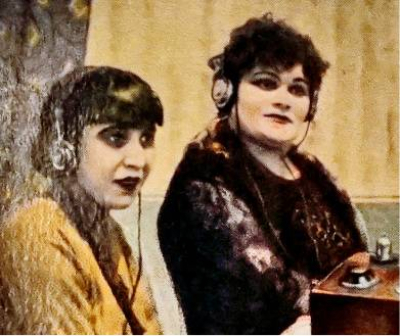
Dancing Modernity: Popular Jewish Music in Interwar Poland and Lithuania
This presentation by Tomasz M. Jankowski invites you to explore the shared Jewish, Polish, and Lithuanian musical heritage and to listen to original recordings from the 1930s.
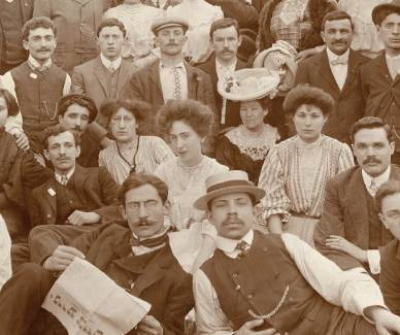
Yiddish: A Global Culture
Join us for a discussion about Yiddish: A Global Culture with author and curator David Mazower, led by YIVO Senior Academic Advisor & Director of Exhibitions Eddy Portnoy.
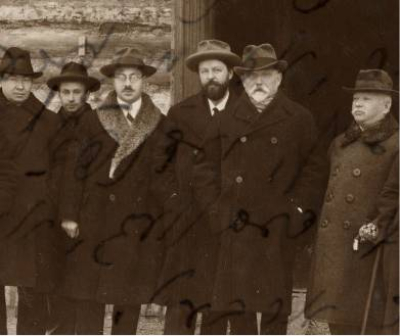
[WY2026] YIVO Luminaries in their Own Words
Join Dovid Braun for an immersive journey into the voices of YIVO’s founding scholars and discover how their words still shape Yiddish thought today.
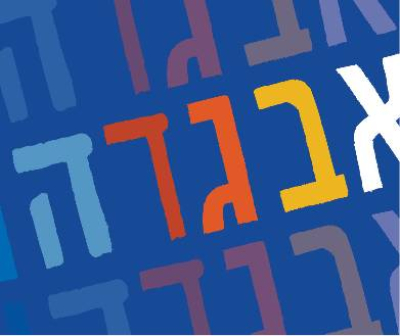
2026 Summer Program Information Session
Have you always wanted to study Yiddish at the YIVO-Bard Summer Program? Are you wondering what it would be like to spend six weeks studying at YIVO in New York City? Join faculty and staff of the Summer Program for a brief information session.
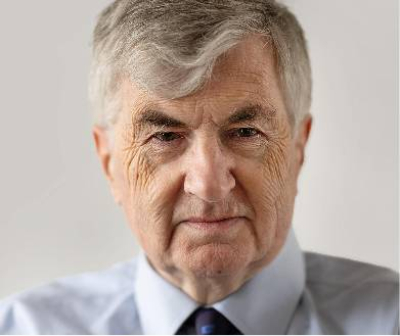
The Fall of the Weimar Republic
In this lecture, Sir Richard J. Evans argues that while many factors contributed to the fall of the Weimar Republic, its collapse ultimately stemmed from Germany’s weak democratic culture, which left it unable to withstand the economic challenge of the Depression and the political onslaught of Hitler and the Nazis.
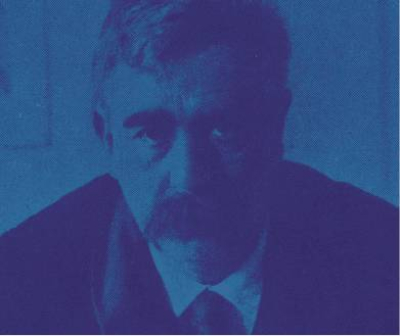
[WY2026] The Radical Peretz
Adi Mahalel explores classic Yiddish writer I. L. Peretz’s engagement with early Jewish socialist circles during the 1890s.
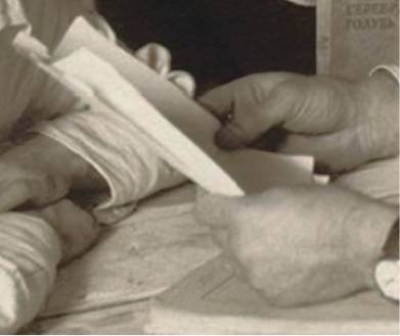
[WY2026] Creative Writing in Yiddish
Bring your Yiddish to life through storytelling, style, and imagination in a creative writing course led by Boris Sandler.
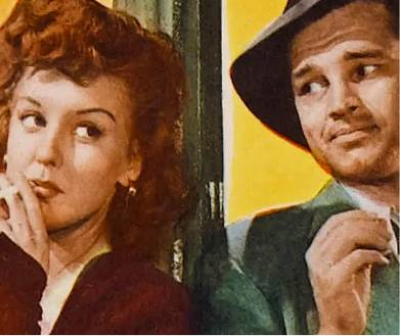
[WP2026] Émigré Jews and Film Noir
J. Hoberman traces how German and Austrian Jewish directors redefined American cinema in the 1940s.
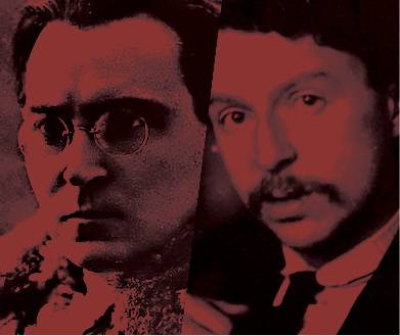
[WP2026] Two Revolutionaries
Jonathan Brent explores the lives and memoirs of revolutionaries Victor Serge and Isaac Nachman Steinberg.
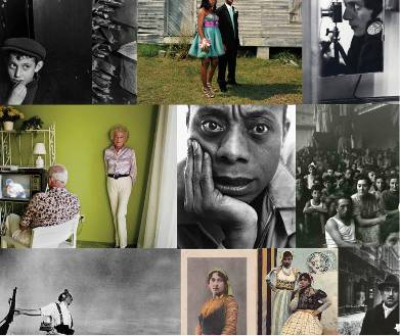
[WP2026] Photography and Jewishness
Maya Benton explores the unique contributions of Jews to shaping the history and medium of photography.
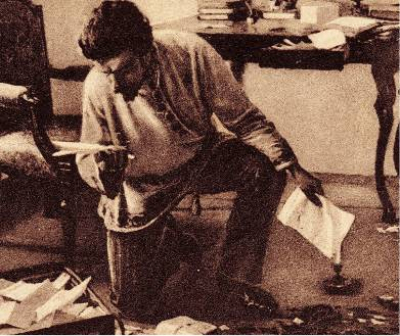
[WP2026] Jews and Revolution
Tony Michels explores the ways in which Jews in different countries, but especially the United States, responded to the Russian Revolution.
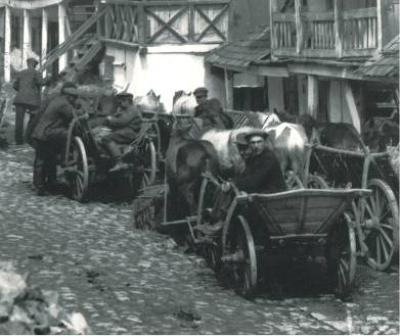
[WP2026] The Shtetl (Afternoon)
Through the words of Yiddish writers and firsthand memoirs, this course with Samuel Kassow reveals the “real” shtetl, a complex community that had an enormous impact on Jewish life over the centuries.
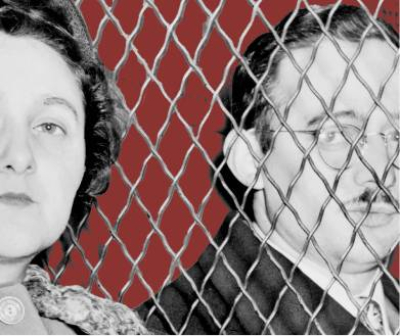
[WP2026] American Jews, Communism, and Espionage
From the Rosenberg trial to McCarthyism, Harvey Klehr reveals how fear, politics, and Jewish identity intertwined in the drama of Cold War America.
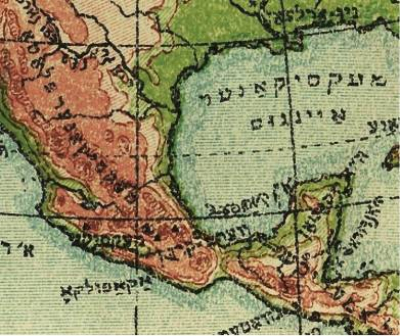
[WP2026] The Jews of Mexico
Ilan Stavans uncovers the intertwined stories of Sephardim, Ottomans, Ashkenazim, Communists, Shoah survivors, Hasidim, and Israelis whose experiences have defined Jewish identity in Mexico.

[WP2026] The Shtetl (Early Afternoon)
Through the words of Yiddish writers and firsthand memoirs, this course with Samuel Kassow reveals the “real” shtetl, a complex community that had an enormous impact on Jewish life over the centuries.
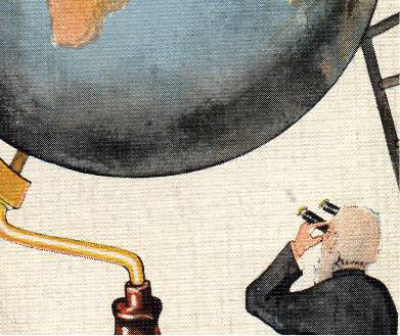
[WP2026] The Wandering Jew in Yiddish Literature
Through literary texts, Anita Norich explores how Yiddish writers have imagined where they and the Jewish people belong.
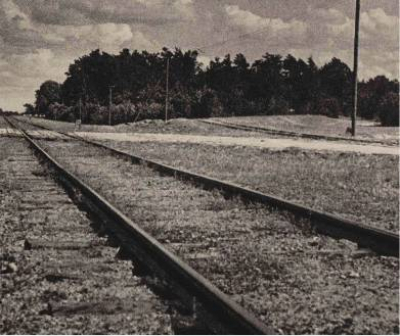
[WP2026] An Open Ghetto Next Door to Treblinka
Elżbieta Janicka explores how Kosów Lacki’s physical and symbolic landscapes reveal the complex realities of Jewish life, survival, and persecution during the Holocaust.
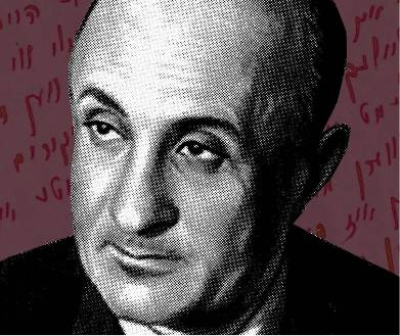
[WY2026] Tradition and Innovation in Modern Yiddish Poetry: The Case of Dovid Hofshteyn (1889-1952)
Eugene Orenstein analyzes selected texts from Soviet Yiddish poet Dovid Hofshteyn in order to appreciate the genius of his poetics and the synthesis of his Jewishness and universalism.
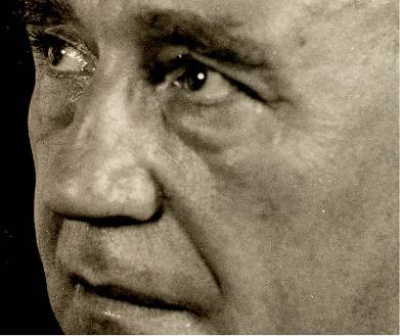
[WY2026] An Introduction to Chaim Grade
Josh Price examines the life and work of Chaim Grade, one of the most profound voices in modern Yiddish literature.
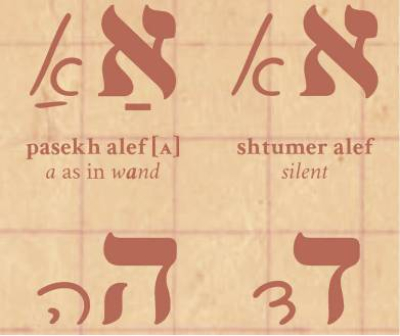
[WY2026] Alefbeys Workshop
Josh Price prepares students to start learning Yiddish with an introduction to the Yiddish alphabet, basic reading, writing, and pronunciation.
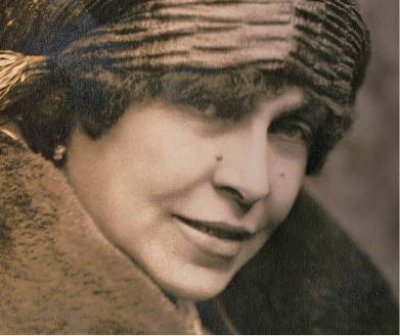
[WY2026] Hitting the Road with Ester-Rokhl
Follow Esther-Rokhl Kaminska from her native shtetl, to the barns in which her wandering troupe first performs, and eventually to the brightly lit stages of Warsaw in this class taught by Mikhl Yashinsky.




